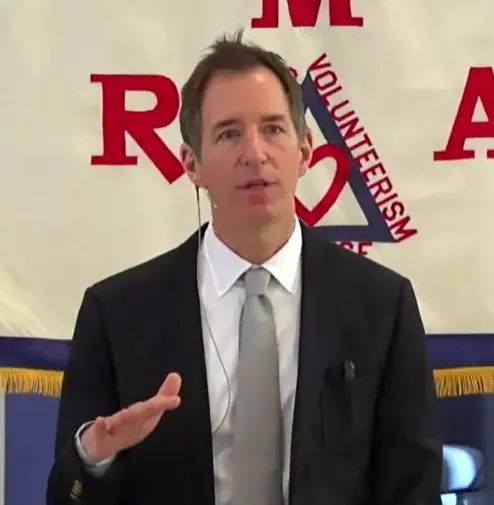
By Allan Murphy
Sentinel Business Columnist
A few months ago I wrote about a deal that didn’t work out well. Today’s tale has a better outcome and describes the unfolding of the leasing process the way it should work—not ideal for all concerned, as the tenant could only lease one space, and so there were landlords that didn’t win the deal, but that is an unavoidable outcome when a tenant considers and negotiates on multiple spaces in an effort to make the best possible deal, which is what every tenant should do.
As background, the tenant happily occupied space in an existing Greenwich building, but another larger company in the building needed to grow and the landlord wanted to accommodate the bigger company and let the smaller tenant know that when its lease was up that they would need to leave the building. We started the search for new space later than we should have, which led to some uncomfortable timing, but sometimes deadline pressure creates the necessary action and decisions to complete a deal. Plus, plus in this case. we needed a dose of trust and goodwill.
We prepared a broad survey of possible new spaces for the tenant, discussed the options in order to narrow down the alternatives to the preferred spaces, and then toured the alternatives to better understand the look and feel of each property and space. This narrowed the options further to a short list of two spaces, each with different benefits and drawbacks: lower cost and higher quality space in western Greenwich versus a higher cost but lower quality space in central Greenwich.
We prepared proposals for the preferred spaces in order to flesh out the economic and other details of a “real” deal: lease term, lease rate and annual increases, landlord contribution toward interior improvements, free rent periods, building expenses responsibility, parking spaces, security deposit, renewal options, etc. While negotiating these terms on the two preferred spaces (and with full disclosure to the landlords that we were evaluating multiple spaces), another desirable space became available, and so we added that to the mix.
There was some spirited internal discussion by the tenant principals, as different people preferred different spaces, and the tenant was also distracted from the lease process because they had their own business to do and clients to serve. Time was slipping away with no conclusions on a space choice and a looming lease expiration. The tenant thought they could remain in place for a short period of time after the lease expired, but the landlord was very uncomfortable with that, as the landlord’s bigger company needed and wanted—and had been promised—the space based on the scheduled lease expiration date. Our tenant group could have stayed on (becoming a “holdover” tenant), but they respected the landlord’s needs and went into high gear as a courtesy to their current landlord—not something everyone would do, but certainly the right thing to do.
On the other side of the process (securing new space), we were actively negotiating deal details on the preferred space, but the prospective new landlord didn’t have the same urgency as the tenant. In addition, the new landlord was working through some internal differences of opinion as to what was an “acceptable” deal.
In this case, we felt strongly that the landlord and tenant were a good fit and that they should complete the deal. The tenant had worked hard to create internal consensus on the new space and the landlord might have to wait many more months to find a similarly desirable tenant. And if we didn’t complete this deal, the tenant would have no choice but to “holdover,” and they’d said they wouldn’t do that.
The only way to a fast finish was to have the principals dialogue directly, develop a level of trust with one another, and let the moving process and lease document finalization take place simultaneously. It’s certainly not the preferred approach to operate under such tight timing, but fortunately it worked out well in this case, as the moving trucks and the lease contract all arrived at the same time.
It could not and would not have happened if all the principals had not been willing to shake hands, trust one another to do the right thing, and honor the spirit of their commitments to one another. Kudos to all for getting it right!
Allan Murphy is a senior managing director at the commercial real estate services firm Newmark Grubb Knight Frank. He has specialized in the Greenwich and Stamford markets since 1996.



